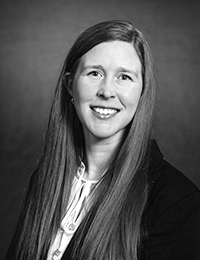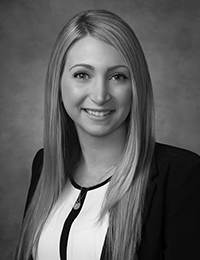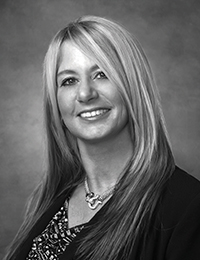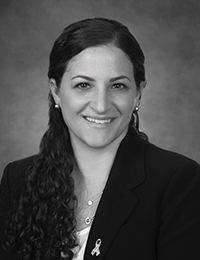
Financial Care for Life > Social Security Maximization
Social Security Maximization
Getting the Most of Your Social Security Benefits
Social Security provides a secure, fixed income to retirees and others, helping many to afford their golden years. Knowing how to maximize its benefits is important since those checks will likely be a major source of income during retirement. Unfortunately, many people don’t understand how Social Security really works.
Here are four ways to get the most out of your Social Security benefits.
Tools that may help you:
Delaying your Claim
You can increase your monthly Social Security payments if you wait until an older age to begin collecting your benefit. Payments will increase by about 8% for each year you delay claiming Social Security after your full retirement age up until age 70. For example, if you are eligible for $1,000 per month in Social Security payments at your full retirement age of 67, you could increase your Social Security benefit to $1,240 per month by waiting until age 70 to start your Social Security payments. After age 70, there is no additional benefit for waiting to sign up for Social Security. These higher payments last for the rest of your life and are also adjusted for inflation each year.
Working Longer
Another way to maximize your benefits is to work longer, even if only for a year or two more. Your benefits are based on your 35 highest-paying working years when calculating your PIA. If you have worked less than that, a zero will be used in these calculations for non-earning years. Working longer can negate any zeroes and make a big difference in the size of your benefit.
Collecting Social Security Spousal Benefits
If you're married, you can take steps to maximize your Social Security payments as a couple. Spouses may claim benefits based on their own work record or up to 50% of the higher earner's benefit, whichever is higher. The lower-earning or nonworking spouse needs to sign up for spousal payments at his or her full retirement age in order to get a 50% spousal payment. The spousal payment percentage is reduced for those who start benefits before full retirement age. If you were married for at least 10 years, you may also be able to claim Social Security benefits based on an ex-spouse's work record.
Applying for Survivor Benefits
If you're married and your spouse has a richer work history than you do, you may be able to collect a "spousal benefit," based on your spouse's earnings instead of your own. Spouses can collect benefits worth up to 50% of their other half's benefits. This can be particularly welcome for spouses who never worked, or earned very little.
Avoiding or Minimizing Your Tax
Depending on provisional income, your Social Security benefits may be subject to federal income tax. Provisional income is the adjusted gross income and nontaxable interest, like wages, interest, dividends, and bonds, plus half of your Social Security benefit income. Generally, anywhere from 50% – 85% of this income may be taxable. You can minimize or mitigate these taxes by:
- Staying below the taxable thresholds ($25,000 for single filers)
- Managing your other retirement income sources
- Taking IRA withdrawals before signing up for Social Security
- Saving in a Roth IRA
It’s never too early to start planning. The KIG team can help in providing a clear picture of your Social Security benefits and how they can be optimized through a comprehensive retirement plan – one that builds a sizable nest egg that will enable you to delay Social Security benefits and maximize your monthly payments once you are ready to collect.
The information presented here is not specific to any individual's personal circumstances.
To the extent that this material concerns tax matters, it is not intended or written to be used, and cannot be used, by a taxpayer for the purpose of avoiding penalties that may be imposed by law. Each taxpayer should seek independent advice from a tax professional based on his or her individual circumstances.
These materials are provided for general information and educational purposes based upon publicly available information from sources believed to be reliable — we cannot assure the accuracy or completeness of these materials. The information in these materials may change at any time and without notice.





 Maggie Slivinski
Maggie Slivinski Steve Corbo
Steve Corbo Alexandra Rao
Alexandra Rao Alexa Comey
Alexa Comey Gene Donato
Gene Donato Jack W. Kennedy III, CFP®, AAMS®
Jack W. Kennedy III, CFP®, AAMS® Henry (Hank) J. Schroeder, CFP®
Henry (Hank) J. Schroeder, CFP® Diane Gallagher
Diane Gallagher Scott Bernstiel
Scott Bernstiel Chrissy Carpenter
Chrissy Carpenter David Strout
David Strout Keith R. Hering AAMS®, CRPS®, CIMA®
Keith R. Hering AAMS®, CRPS®, CIMA®  Marjorie Onuwa
Marjorie Onuwa